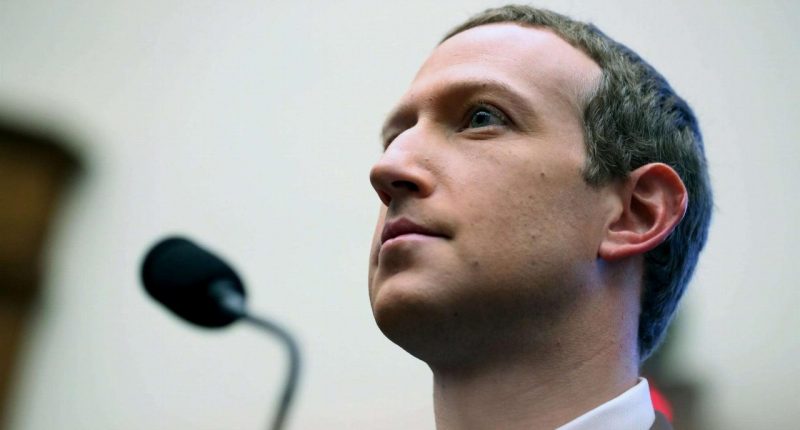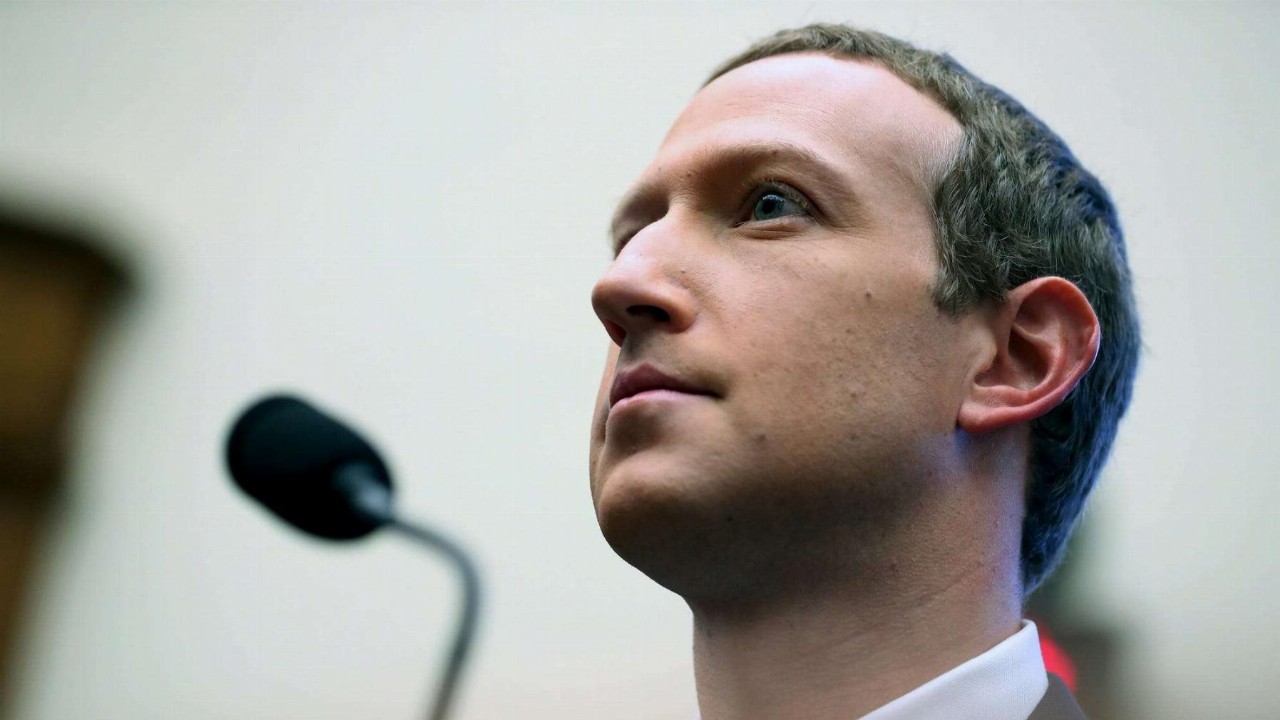- Treasurer Josh Frydenberg is expected to continue his discussion with Facebook’s Mark Zuckerberg after the social media giant blocked news content on its platform yesterday
- Facebook removed all posts from domestic and international news outlets, but also took down a number of pages related to state governments and emergency departments
- It argued that the proposed media laws did not clearly define “news”, drawing widespread criticism
- The laws, which would make Facebook and Google pay publishers for content that appears on their websites, will be put to a vote in parliament next week
- With such close international attention being paid to Facebook-Google-Australia relations, legislators in other countries are now contemplating a crackdown on the power of big tech
Treasurer Josh Frydenberg is expected to continue his discussion with Facebook’s Mark Zuckerberg after the social media giant blocked news content on its platform yesterday.
“We spoke yesterday morning but then we were subsequently in contact and we agreed to talk later this morning, we’ll see where those discussions go and we can find a pathway going forward,” Frydenberg said.
Facebook removed all posts from domestic and international news outlets, but also took down a number of pages related to state governments and emergency departments, arguing that the proposed media laws did not clearly define “news”.
Following widespread criticism, many of these official pages were restored, but Prime Minister Scott Morrison called Facebook’s actions “as arrogant as they were disappointing.”
The laws, which would make Facebook and Google pay publishers for content that appears on their websites, will be put to a vote in parliament soon.
“We are seeking to pass that legislation through the Senate next week, but there is something much bigger here at stake than just one or two commercial deals,” Frydenberg continued. “This is about Australia’s sovereignty.”
With such close international attention being paid to Facebook-Google-Australia relations, it’s thought the developments will stiffen the resolve of legislators in other countries to crack down on the power of big tech.
“This action — this bully boy action — that they’ve undertaken in Australia will, I think, ignite a desire to go further amongst legislators around the world,” said Julian Knight, chair of the British Parliament’s Digital, Culture, Media and Sport Committee.
“We represent people and I’m sorry but you can’t run bulldozer over that — and if Facebook thinks it’ll do that it will face the same long-term ire as the likes of big oil and tobacco.”
London-based Guardian Media Group, which owns the Guardian newspaper, said it was deeply concerned.
“Dominant online platforms are now a key gateway to news and information online,” a spokesperson said.
“We believe that public interest journalism should be as widely available as possible in order to have a healthy functioning democracy.”







